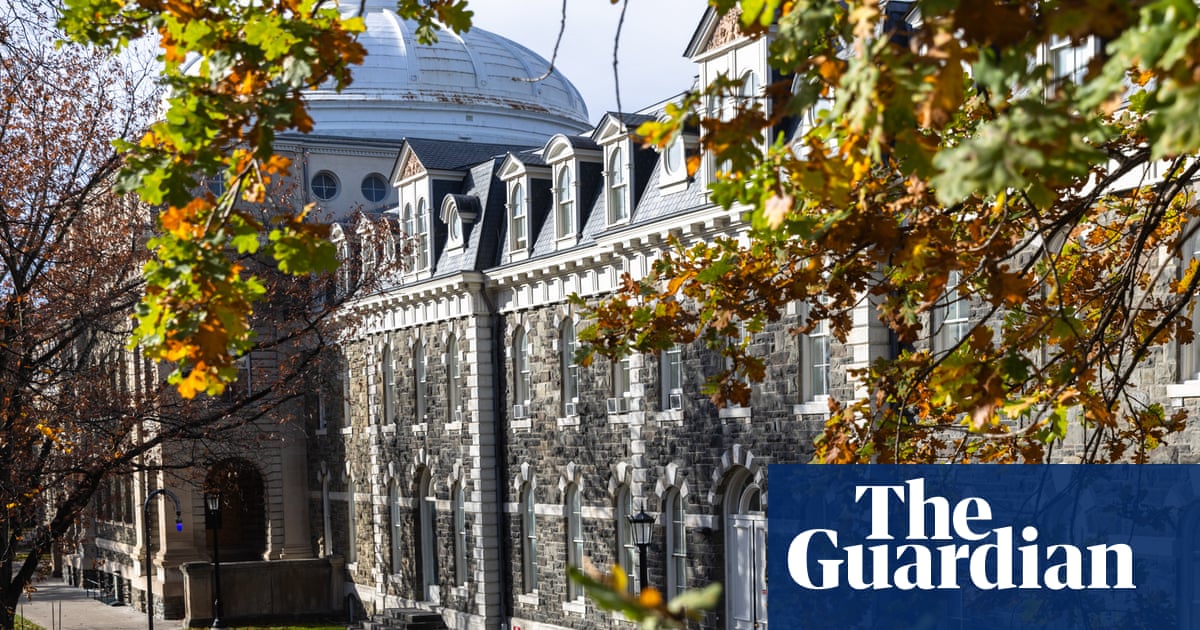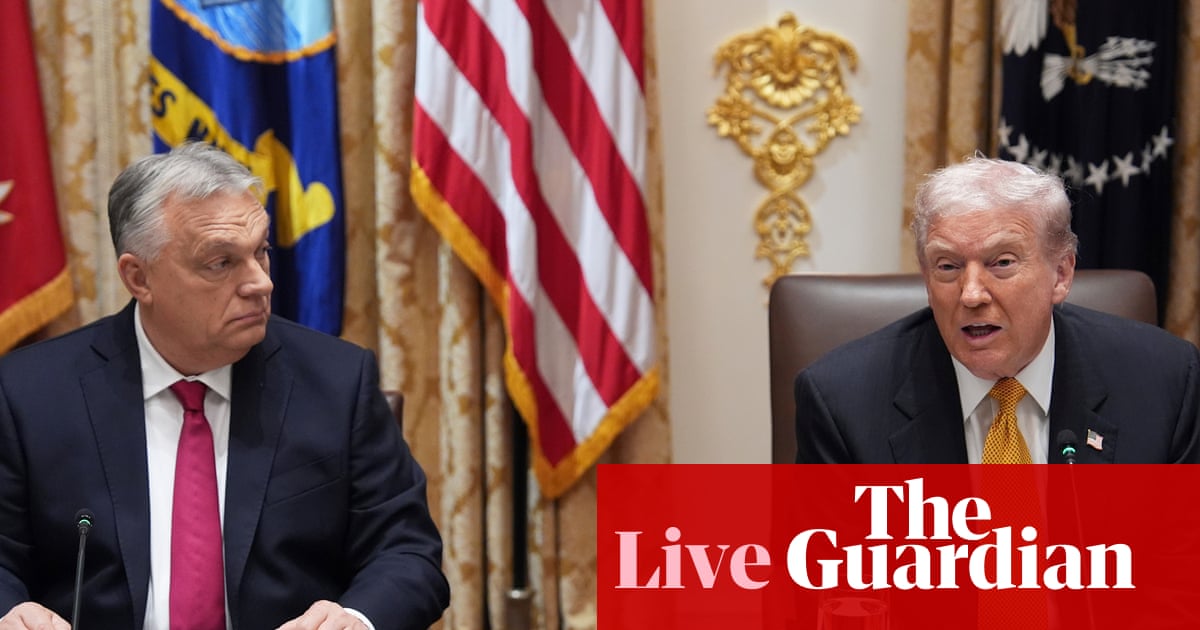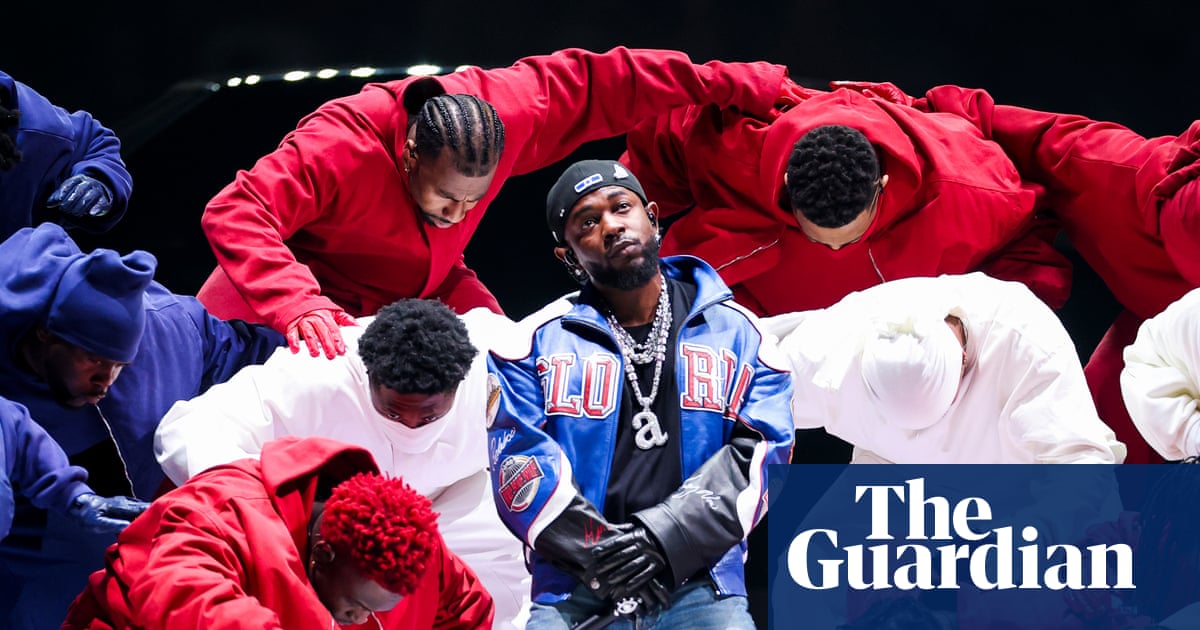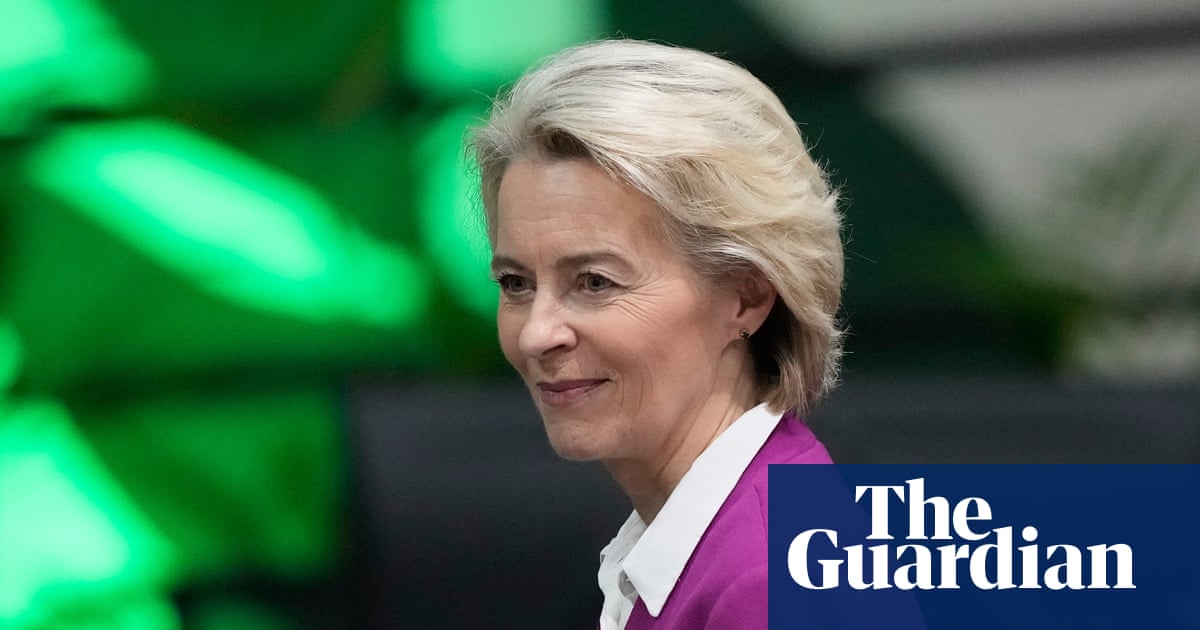Sir Keir Starmer’s crackdown on dissent has been a troubling hallmark of his leadership. Muzzling protest over welfare cuts won’t make the policies fairer or more popular. He seems more focused on obedience than legitimacy. The timing – days before parliament rises – caught many Labour MPs off-guard. Some thought the leadership was softening; even Downing Street had preached “the need to bring people with us”. This week shows that the old instinct still dominates.
Three out of the four MPs suspended – Brian Leishman, Chris Hinchliff and Neil Duncan‑Jordan – were elected in 2024. Their suspensions are probably meant to deter newly arrived MPs from stepping out of line. Each built an early political identity by standing up to the government. Mr Leishman opposed the closure of Grangemouth oil refinery. Mr Hinchliff defied planning reform on environmental grounds. Mr Duncan-Jordan criticised cuts to winter fuel payments.
Even experienced figures weren’t spared. Rachael Maskell, a former shadow minister, lost the whip for opposing welfare cuts. Her suspension sends a message: no one is safe – not even those whose reasoning ministers largely accepted when reversing course on the cuts. The problem isn’t Ms Maskell. It’s a party that can’t tolerate its conscience. Ministers who once revolted but now back the purge expose the factional logic at the heart of Starmerism. Three prominent ethnic minority MPs were symbolically demoted by being stripped of their (largely ceremonial) trade envoy roles. Separately, Diane Abbott was suspended on Thursday evening over racism claims for the second time.
Past Labour leaders knew when to absorb dissent. In 1997, Tony Blair kept his 47 welfare rebels in the party; Clement Attlee weathered revolts. Today, internal challenge is met not with debate but with exclusion – even with a 157-seat majority. The final straw may have been that, even after ministers made concessions on their disability cuts, 47 MPs – including all seven sanctioned this week – still voted against it. The message from Downing Street now looks less like authority and more like insecurity, especially when the rebels’ concerns are widely shared by the public. It’s the political equivalent of pour encourager les autres.
Perhaps Sir Keir’s moves stem from the scale of the revolt – more than half the number needed to trigger a leadership challenge. But Labour famously doesn’t do regicide. It may also be that Downing Street wanted to issue a warning to potential ringleaders of brewing mutinies – on special educational needs reform, the two-child benefit cap and the government’s forthcoming immigration bill. Unable to win by force of argument, Sir Keir opts for the argument of force. It’s a sign of weakness, not strength.
Polling shows Labour is losing support not because of internal splits but because voters are disappointed with the substance of its policies. Labour has the evidence that economic populism works, but won’t use it, reportedly out of deference to donor sensitivities. That’s not a communications problem. That’s a leadership one. The suspended MPs are not liabilities, they’re canaries in the coalmine. By punishing them, Labour silences warnings that it needs to hear. If Sir Keir’s team continues to equate principle with disloyalty, it risks alienating not just its base but the very voters who handed it power. Real strength doesn’t come from silencing disagreement. It comes from meeting the argument – and being made better by it.
-
Do you have an opinion on the issues raised in this article? If you would like to submit a response of up to 300 words by email to be considered for publication in our letters section, please click here.

 3 months ago
111
3 months ago
111

















































